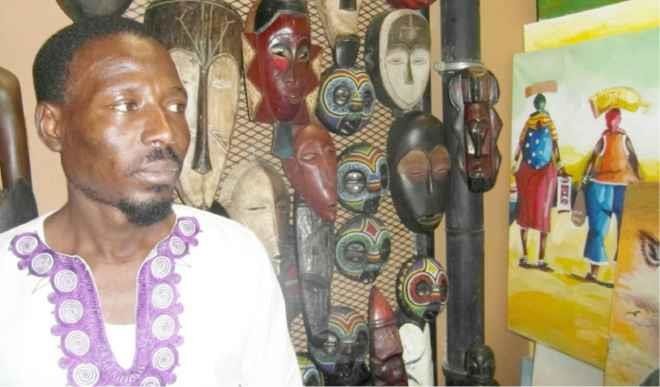
Experts say implementing peace and security for women will help reduce all forms of violence against women and girls and enable the nation attain targets set in the Sustainable Development Goals.
Women peace and security issues are outlined in Nigeria’s second national action plan to implement the United Nations Resolution 1325.
Technical consultant to the United Nations Women, Esther Eghobamien-Mshelia, said implementing the first action plan showed gap and weaknesses in the level of attention given to emerging issues of global concern, especially terrorism and radicalisation.
”Notwithstanding, the NAP overall proved to be a useful tool for galvanizing action and making the global [to] local,” said Eghobamien-Mshelia.
“It has helped to awaken many stakeholders and promote system-wide approaches for mainstreaming gender into human security concerns including within the peace architecture of states and local communities.”
She pointed to a “growing recognition that women in conflict situations must be viewed not only as victims, but also as powerful agents for peace and security in their communities.”
Women’s gender roles have placed them in positions where they act as first responders in providing humanitarian assistance, care and support to their families and members of the community, Eghobamien-Mshelia said.
”In Plateau state for example, through daily purchases, market women can often tell when there is likely to be crisis. In some situations, women act as ‘peace-builders’ and play a reconciliatory role within the community. However, it should be noted that women can also be perpetuators of violence – as seen recently in media reports and in some cases in the North East where besides being used as human battle shields, women and girls have played the role of suicide bombers.”

 Join Daily Trust WhatsApp Community For Quick Access To News and Happenings Around You.
Join Daily Trust WhatsApp Community For Quick Access To News and Happenings Around You.


